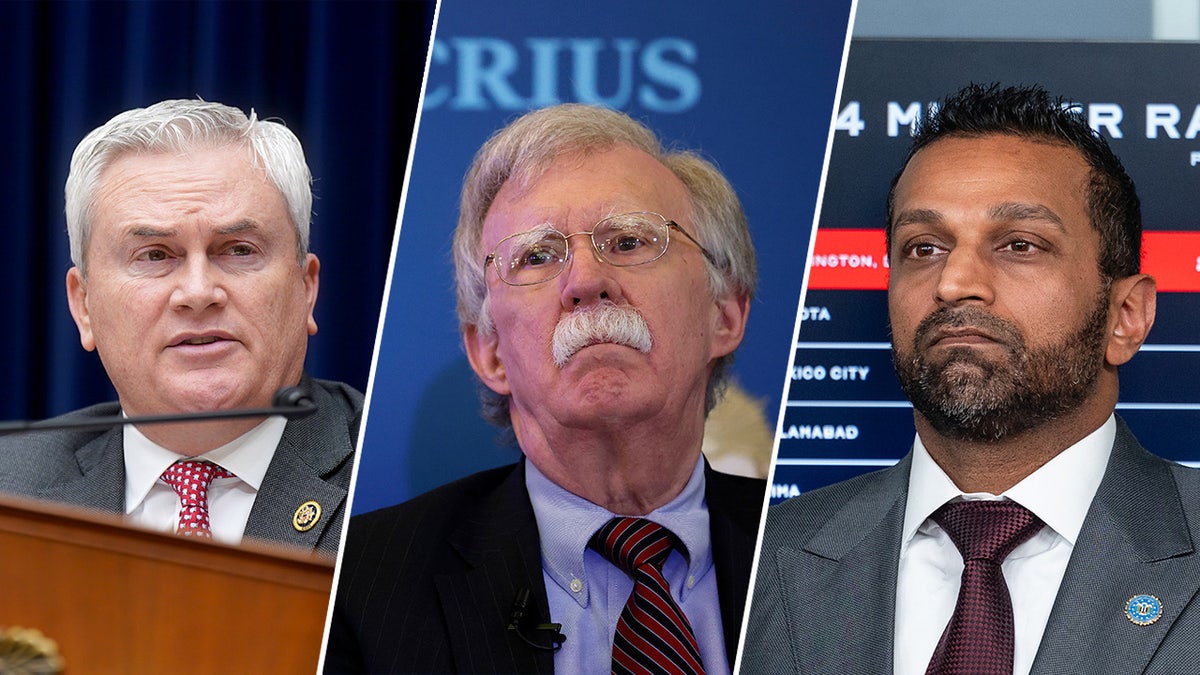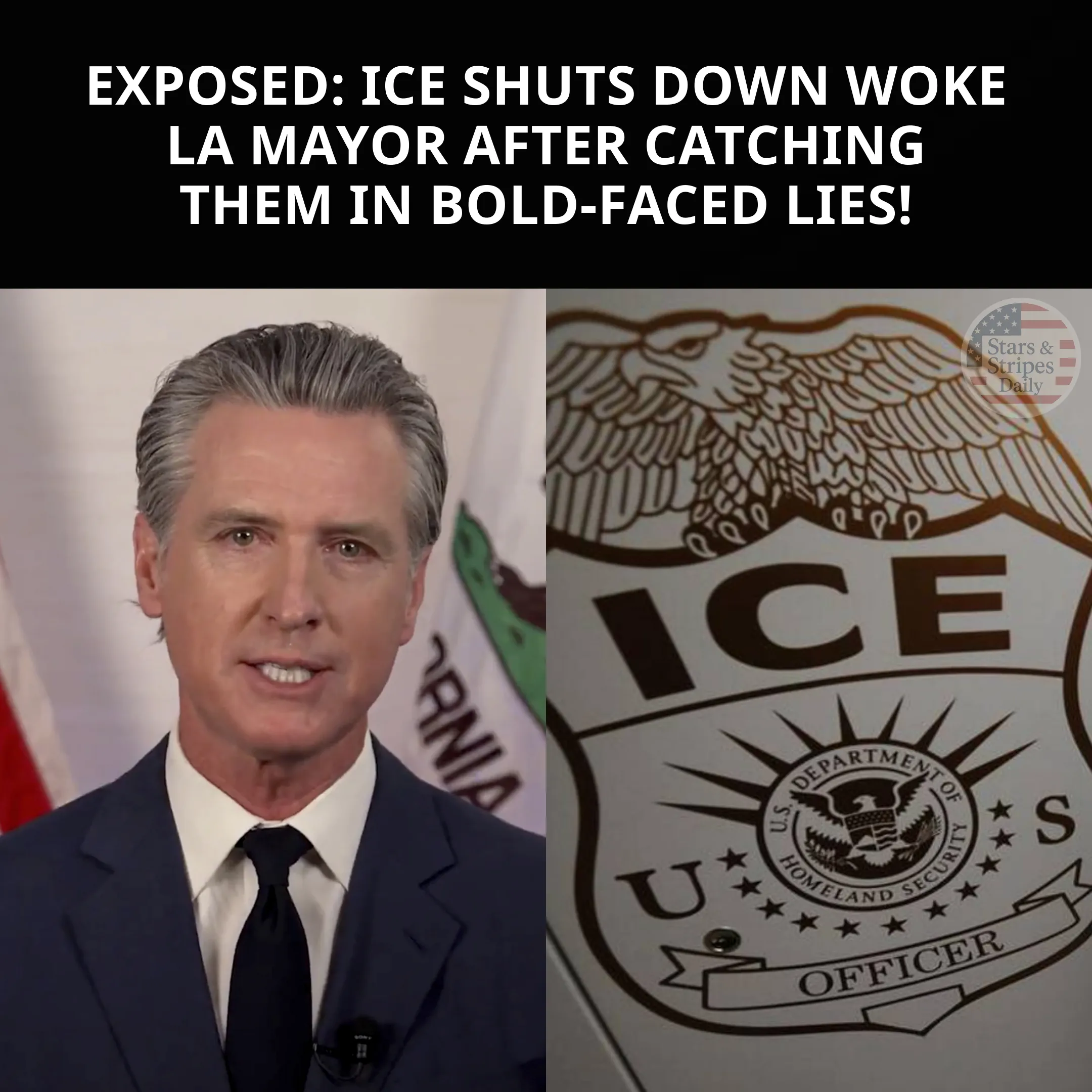
The Federal Bureau of Investigation conducted dramatic dawn raids on the Maryland home and Washington, D.C. office of former National Security Adviser John Bolton on August 22, marking a significant escalation in an ongoing probe into whether the longtime Republican foreign policy hawk mishandled classified material.
The move has intensified debates over the politicization of law enforcement and raised new questions about how classified information is managed at the highest levels of government.
According to reports, FBI agents arrived at Bolton’s residence in Bethesda, Maryland, shortly after 7 a.m. Armed with a court-approved warrant, they entered the property and seized a range of electronic devices, along with boxes of documents believed to contain sensitive national security information.
Simultaneously, another team executed a search on Bolton’s downtown Washington office, removing files and hard drives for forensic analysis.
The searches, sources said, are tied to suspicions that Bolton may have transmitted classified material to family members using private email accounts. That allegation first surfaced in 2020 but was not pursued aggressively during the Biden administration.
The matter was revived this year under the leadership of FBI Director Kash Patel, a former senior official in the Trump administration appointed to the bureau in 2024.
Officials familiar with the matter told reporters that the investigation is not directly related to Bolton’s high-profile 2020 memoir, The Room Where It Happened, which the Justice Department had previously scrutinized for possible security clearance violations.
That earlier dispute was ultimately dropped without charges. The current probe, by contrast, is said to focus exclusively on alleged communications outside secure government channels.
As news of the raids began to spread, Patel himself appeared to reference the operation on social media. In a pointed message posted shortly after the searches concluded, he wrote: “NO ONE is above the law … @FBI agents on mission.”
While Patel did not directly name Bolton, the timing of the post and its circulation across political media made clear to many observers that the statement was connected to the day’s events.
Patel’s declaration quickly fueled speculation about whether more high-profile figures might face similar scrutiny under his tenure. His emphasis on accountability “regardless of position or political affiliation” was read by allies as a sign of seriousness, but by critics as a potential warning shot aimed at those who had clashed with President Donald Trump.
John Bolton, who served as National Security Adviser in the Trump administration from April 2018 to September 2019, has long been a controversial figure in U.S. foreign policy circles.
Known for his hawkish views on Iran, North Korea, and Iraq, Bolton clashed with Trump over diplomatic overtures to authoritarian regimes. After his departure, he authored The Room Where It Happened, a memoir that painted Trump as reckless and uninformed.
That book sparked a bitter legal dispute with the Justice Department, which argued that Bolton had failed to complete the proper pre-publication review process for classified material.
Though the lawsuit was dropped in 2021, Bolton’s reputation for testing the boundaries of security rules remained intact. He has consistently denied ever mishandling classified information.
The current investigation, however, represents a new chapter, with prosecutors reportedly examining whether Bolton transmitted sensitive materials directly to family members through unsecure channels — an allegation he has not yet publicly addressed.
President Donald Trump, speaking at a political event hours after the raids became public, used the occasion to denounce his former national security adviser. Trump called Bolton a “lowlife” and “not a smart guy,” adding, “He could be a very unpatriotic guy — we’re going to find out.”
Trump and Bolton have shared a strained relationship since their White House split. Bolton’s memoir depicted Trump as willing to trade foreign policy decisions for personal political gain, accusations that fueled further hostility between the two men. Trump’s latest remarks reflect the enduring bitterness of that fallout, as well as his eagerness to portray Bolton as untrustworthy.
The raids immediately sparked strong responses on Capitol Hill. Representative James Comer (R-KY), chairman of the House Oversight and Accountability Committee, praised Patel for what he described as a long-overdue step in holding elite officials accountable.
“This is about ensuring that the rule of law applies equally to all, no matter their past titles or political alliances,” Comer said.
Other Republican lawmakers echoed those sentiments, framing the raid as evidence that federal authorities were finally addressing alleged double standards.
They pointed to prior controversies, including disputes over how the Justice Department handled investigations of Democratic officials, as justification for supporting Patel’s aggressive stance.
Democratic lawmakers, by contrast, were more cautious. Some warned that the raids risked looking like political retribution, particularly given Bolton’s open criticism of Trump.
Senators aligned with Democratic leadership urged the Justice Department to be transparent about the scope of the investigation to reassure the public that the action was based on evidence, not vendetta.
Outside Washington, commentators voiced concern that the Bolton raid could signal a troubling expansion of politically motivated enforcement. Outlets such as The Atlantic and The Washington Post ran pieces questioning whether Patel’s leadership at the FBI is truly impartial. Both noted that Bolton’s name appeared in Patel’s 2023 book, which catalogued individuals accused of using government power against political opponents.
Civil liberties advocates warned that the optics of the raid risk undermining trust in federal law enforcement. “Even if the evidence is solid, the perception that this is about punishing dissent is dangerous for a democracy,” one senior analyst at the American Civil Liberties Union said.
Patel has maintained that his mission is to restore public faith in federal law enforcement by demonstrating that accountability applies equally to all. His social media post, widely circulated in the hours after the raid, was interpreted as a cornerstone of that philosophy.
“No one is above the law,” he wrote, signaling that investigations would not be limited by political connections or past seniority.
Supporters argue that Patel is reorienting the bureau away from what they view as years of selective enforcement and favoritism. Critics contend that Patel, a longtime Trump ally, may be pursuing personal or political vendettas under the guise of impartiality.
Whatever the interpretation, Patel’s tenure at the FBI is already reshaping perceptions of the agency, with both supporters and detractors acknowledging that his approach marks a dramatic break from his predecessors.
As of now, Bolton has not been arrested or charged. The Justice Department has declined to confirm whether prosecutors intend to bring a case. However, sources close to the investigation described the volume of material seized as “significant,” suggesting that federal agents believe they may have collected potentially incriminating evidence.
Legal experts note that mishandling classified material is a serious offense, with penalties that can include both fines and prison time. Yet prosecutions of senior officials are rare, reflecting both the difficulty of proving intent and the political sensitivity of such cases.

Whether prosecutors ultimately pursue charges may depend on how directly Bolton is implicated in transmitting sensitive information and whether evidence shows clear violations of classification protocols.
The Bolton raid has reignited the broader debate over how America handles the intersection of national security, politics, and accountability. Supporters of the raid argue that failing to investigate senior officials risks eroding the principle of equal justice under law.
Critics argue that targeting political adversaries risks weaponizing law enforcement, deepening polarization, and weakening trust in government institutions.
In many ways, the raid reflects the ongoing tension between transparency and secrecy in the American system. As national security information becomes increasingly politicized, the question of who enforces accountability — and how — has become one of the defining issues of the era.
The FBI’s raid on the home and office of former National Security Adviser John Bolton represents one of the most dramatic actions yet taken under FBI Director Kash Patel’s leadership.
By seizing documents and devices as part of an investigation into the alleged mishandling of classified material, federal agents have placed Bolton back at the center of controversy.
Bolton, who has not been charged, now faces the possibility of a protracted legal battle that could define the next chapter of his career. Patel’s declaration that “no one is above the law” has signaled both the seriousness of the investigation and the likelihood that other high-profile figures may come under scrutiny.
For Washington, the episode underscores the fragile balance between enforcing national security laws and avoiding the perception of political retribution. For the American public, it raises anew the question of whether the nation’s institutions can apply justice fairly at the highest levels of power.
As the investigation proceeds, all eyes will be on the Justice Department’s next steps. Whether charges are filed or not, the raid has already reshaped the political landscape — highlighting once again how secrecy, accountability, and partisanship remain intertwined in the governance of the United States.







